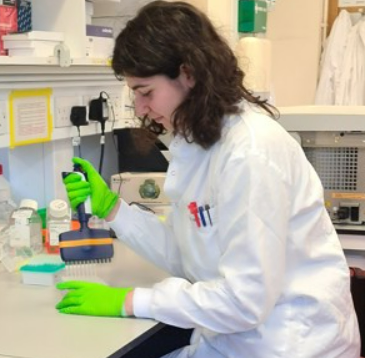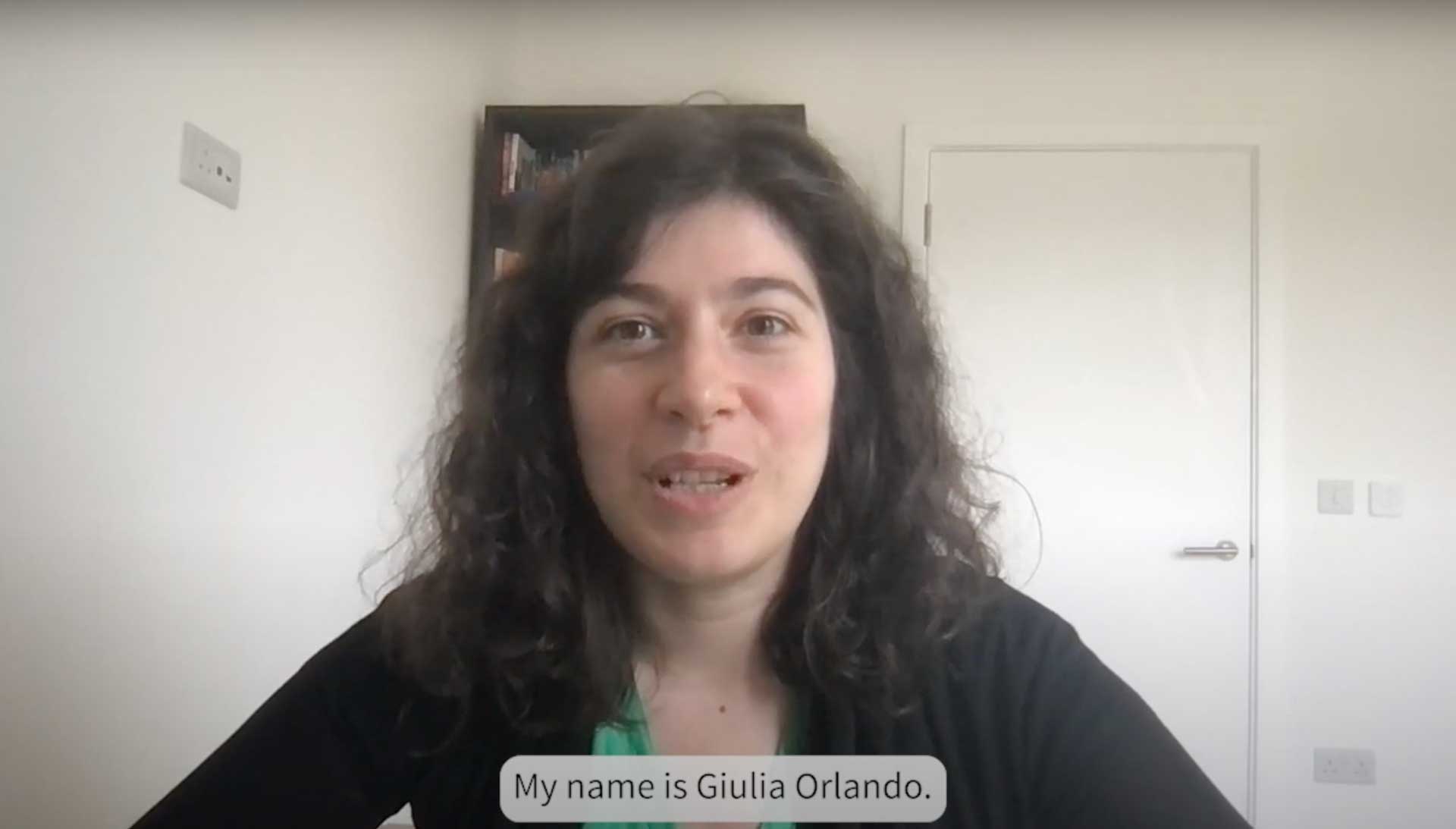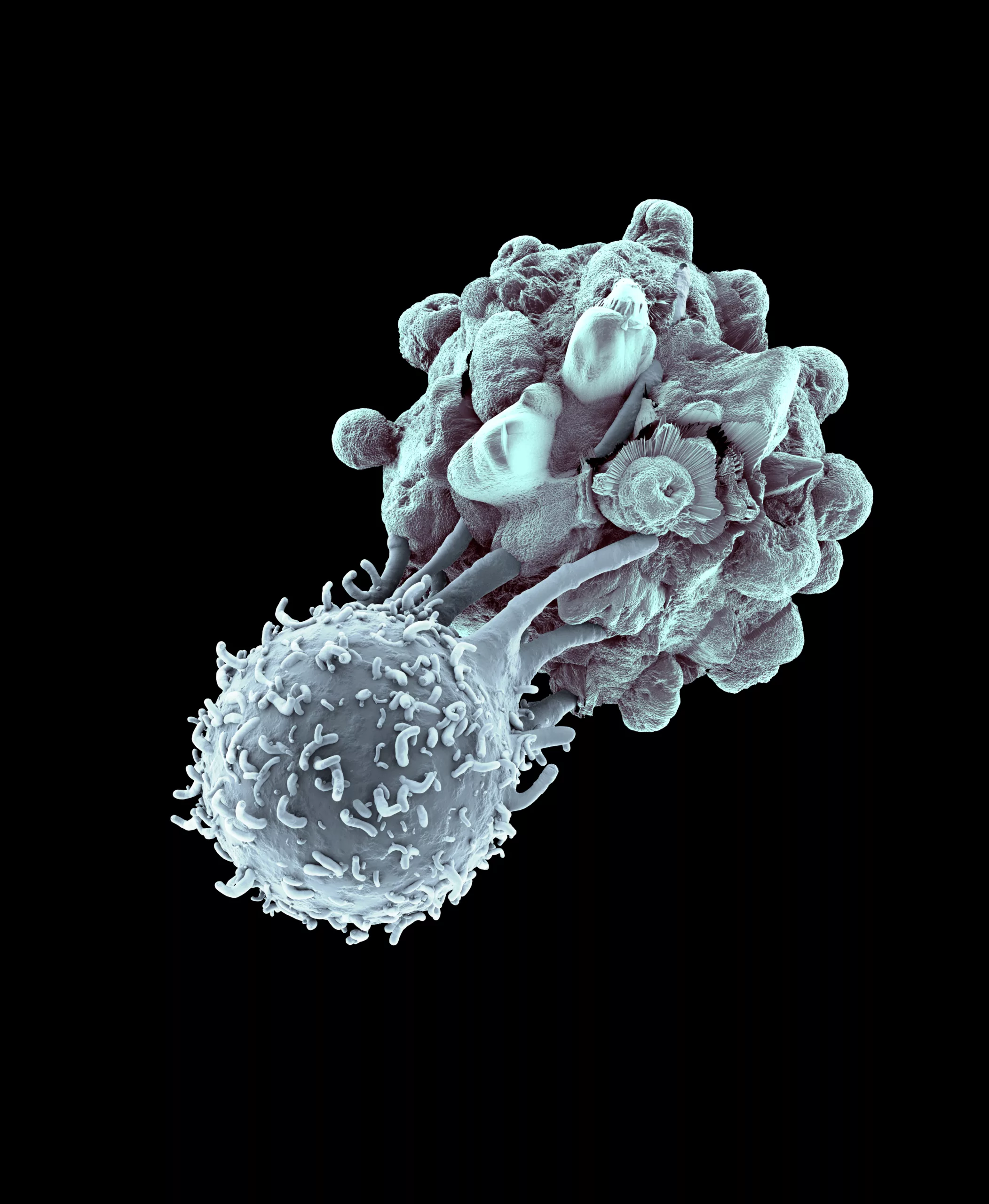In search of a new targeted therapy for childhood leukaemia
What if we could identify what drives the growth of juvenile myelomonocytic leukaemia (JMML)? Could this lead to more effective and safer treatments for children with the disease?

Dr Giulia Orlando, University of Oxford, is looking at the changes that happen to gene activity in juvenile myelomonocytic leukaemia (JMML). By identifying new treatment targets, her research could help more children survive JMML.
 The challenge
The challenge
Juvenile myelomonocytic leukaemia (JMML) is a rare form of cancer affecting children. There are very few effective treatments for this cancer, and the only chance of a cure is a bone marrow transplant. But even with a transplant, 35% of children see their cancer come back.
In about nine in ten children, their JMML cells carry mutations in the DNA which activate a mechanism inside cells called the RAS pathway. But even though we’ve known about this vulnerability for the last 30 years, scientists have not yet been able to develop a targeted treatment for JMML.
We need to find new vulnerabilities in JMML, which could lead us to treatments that can improve children’s chances of survival.
The science behind the research
To find new effective treatments for JMML, Dr Giulia Orlando is looking for potential drug ‘targets’ – proteins inside cells which when blocked could kill JMML cells or stop them growing.
The mutations which activate the RAS pathway that often occur in JMML lead to changes in the activity of many genes. In her John Goldman Fellowship, Giulia will be investigating exactly how activation in the RAS pathway leads to these changes in gene activity. In doing this, she hopes to find potential vulnerabilities that can be exploited.
What difference will this research make?
Finding new treatments for JMML is vital. Giulia’s work could find potential targets for treatments, and maybe identify new or existing drugs which could be tested in further studies. Ultimately, the hope is this research could give children with JMML a better chance of survival from this aggressive disease.
The impact of Giulia’s work could go well beyond JMML. The activation of the RAS pathway is a feature of many other leukaemias, blood cancers, and solid tumours too. So, Giulia’s work could have big implications for the treatment of cancer more broadly.
 Play Video
Play Video 